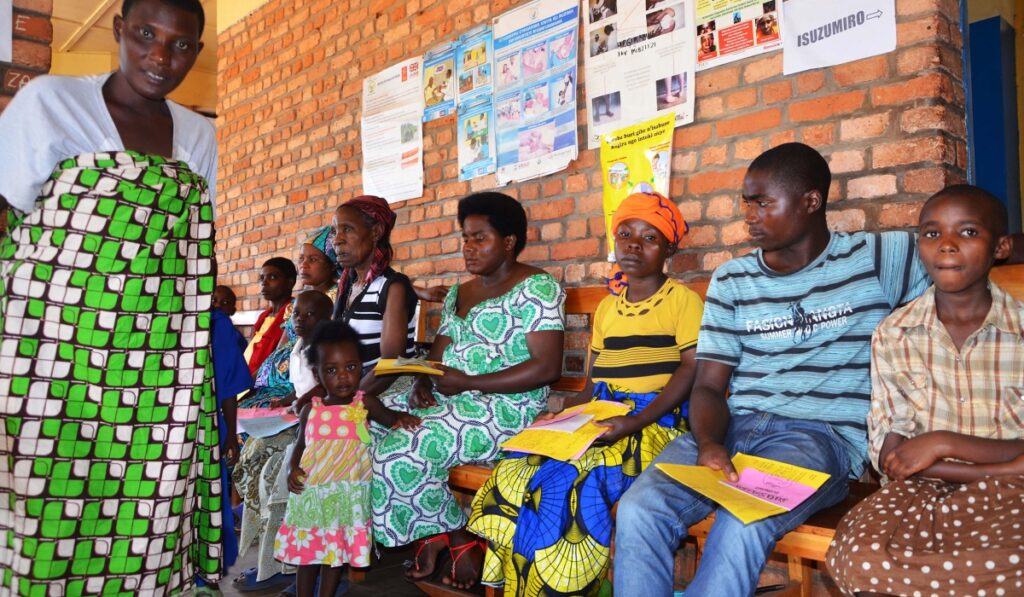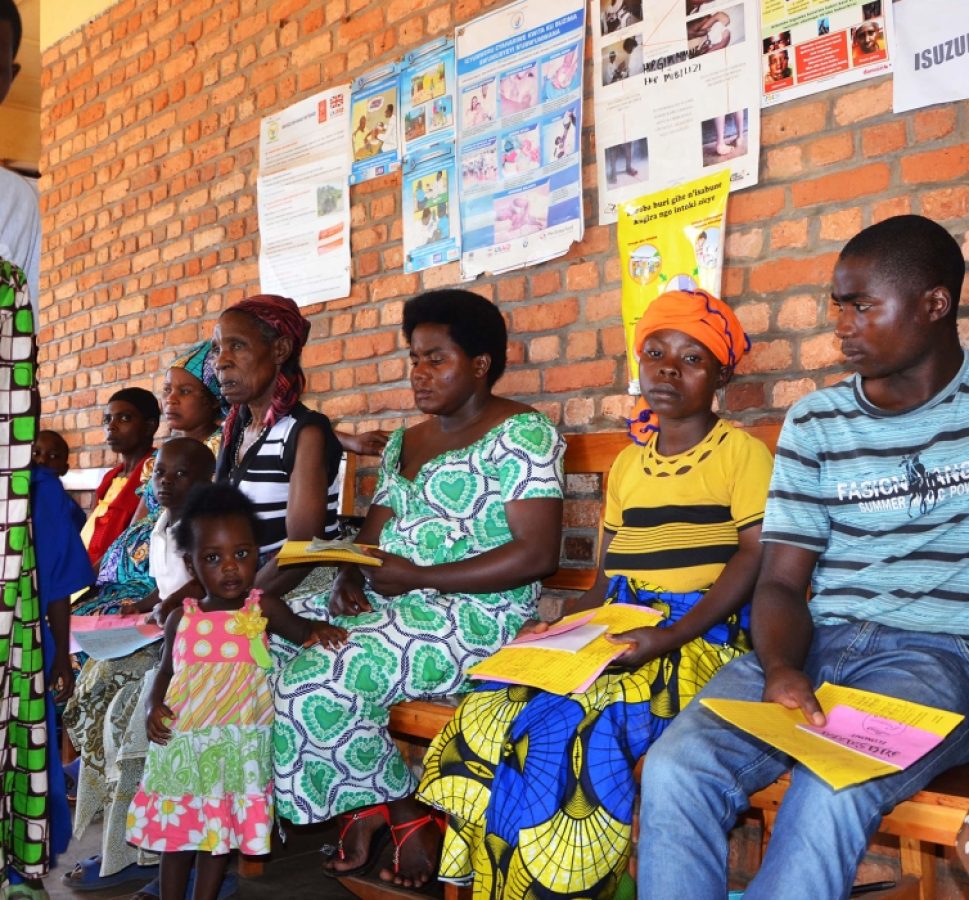
The high cost of hearing aids restricts access to assistive devices for those who need them to improve their aural faculty, according to Members of Parliament, and the National Council of Persons with Disabilities (NCPD).
Both institutions have called for hearing aid payment coverage under the Community-Based Health Insurance Scheme, commonly known as Mutuelle de Santé. Under this scheme, a member pays 10 per cent of the cost of medical bills for the treatment offered by health facilities, which eases the costs they would incur.
Earlier this week, the lower chamber of Parliament requested the Ministry of Health to present a roadmap for including in the list of essential medicines the drugs and medical devices needed in the treatment of people with disabilities, especially hearing aids.
The Chairperson of the Committee on Social Affairs in the Lower House, MP Odette Uwamariya, said that the committee found that people with visual and hearing impairments have difficulties in accessing assistive devices.
Some of the people with disabilities are not supported to get prostheses and prostheses, and assistive devices are expensive for them, Uwamariya said, citing a hearing aid (machine) that they said costs between Rwf700,000 and Rwf2 million, adding that the cost can be even higher depending on where it was sourced from.
“The Ministry of Health should show to the Chamber of Deputies how those tools can be added to the essential medicine list so that they are purchased through the Rwanda Medical Supply for their availability and affordability purposes,” she said”.
Speaking to The New Times, the Executive Secretary at National Council of Persons with Disabilities (NCPD), Emmanuel Ndayisaba, said that the price of hearing aids was prohibitive.
“The price is high. That’s why we have been looking for partners to help us acquire hearing aids for those who need them,” he said, pointing out that it is not very likely for residents to get Rwf800,000 or Rwf1 million for paying for such an assistive device.
He indicated that hearing aids are important, as for instance, they can help a student who suffers from hearing impairment to be able to study, while their inaccessibility becomes challenging for him/her.
“We are in talks with the Ministry of Health so that hearing aids get included in the medical package covered by Mutuelle de Santé,” he pointed out, adding that most Rwandans who have limited financial means should access them cheaply through Mutuelle de Santé.
Meanwhile, Ndayisaba said that Starkey Hearing Foundation, an American-based charity, which was a major player in supporting people get hearing aids, stopped offering the support as a result of the Covid-19 pandemic (which was first reported in 2020).
On estimates of how many Rwandans need hearing aids currently, Ndayisaba said that a census and categorisation of people with disabilities is expected to be completed in the financial year 2023-2024 in Rwanda, will provide data on the type of disabilities and the corresponding number of those suffering from it.
This, he said, will, among others, give a picture of how many people need such assistive devices.
According to Johns Hopkins University, a US-based research university, hearing aids can’t restore hearing back to normal, but will assist in making things easier to hear – they can make understanding speech much easier.






